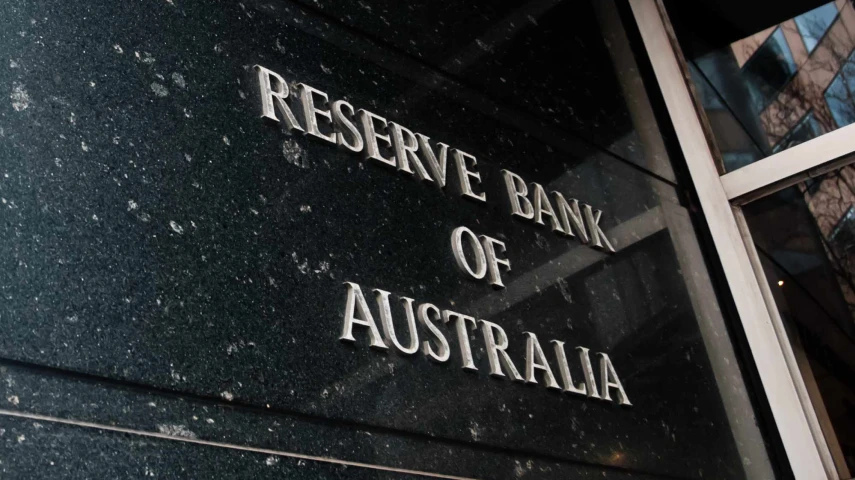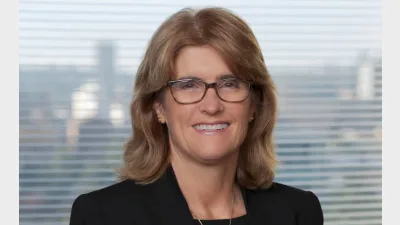RBA reform faces uncertain future after Labor slams Greens’ demands



Labor’s refusal to address the Greens’ demands suggests that the RBA reforms are likely doomed.
Minister for Finance Katy Gallagher has labelled the Greens’ bargaining as “crazy”, dismissing any chance that Labor might negotiate with the party to secure support for its Reserve Bank reforms.
Speaking to ABC Radio, Gallagher said: “I just think the Greens are out of control at the moment, full of self-importance and out seeking a populist approach to everything. It’s crazy what they’re saying to us.
“If that’s their ultimatum … no, we won’t work with that because that is crazy. It’s economically irresponsible, and we won’t do it.”
The Greens have issued an ultimatum for Treasurer Jim Chalmers to either use his existing powers to lower interest rates or for the RBA to act independently. This ultimatum is a key condition for the party’s support of proposed reforms that would divide the bank into two separate boards – one dedicated to interest rate decisions and the other to governance.
In a statement issued on Monday, the Greens said it is consciously and deliberately putting the RBA in the centre of political debate, where, it said, the central bank belongs.
“The Treasurer has the power to step in, he’s just not using it. The Reserve Bank could act, but they are not acting,” Australian Greens economic justice spokesperson, senator Nick McKim, said.
“The Greens won’t support these reforms until either the RBA cuts interest rates or Dr Chalmers forces them to.”
The party said that the RBA’s decisions are inherently political, making it crucial to dismantle the “pretence” of its independence and acknowledge its role within the political landscape.
“The Reserve Bank Board are not infallible high priests of the economy who are above criticism,” Senator McKim said.
However, with Minister Gallagher confirming that Labor has no intention of collaborating with the Greens, it seems the government’s RBA reform plans are effectively dead in the water.
It’s unclear what has shifted in recent weeks to solidify Labor’s stance, as earlier this month, Treasurer Chalmers said that while he preferred to avoid negotiations with the Greens, he might have to reconsider, given his commitment to the reforms and the Coalition’s withdrawal of support.
The Coalition withdrew its support for the RBA reforms after the Treasurer criticised the RBA for “smashing the economy” with high interest rates, a comment that did not sit well with shadow treasurer Angus Taylor.
However, despite shadow treasurer Taylor’s firm stance on the issues, Minister Gallagher urged the Coalition to reassess, telling ABC Radio: “They know this is good, sensible policy.
“I would urge them to reconsider their position because we’re not going to go around being threatened.”
Economists against split
AMP’s deputy chief economist Diana Mousina believes that dismantling the current interest rate board right before the RBA may potentially start cutting interest rates “doesn’t seem right for policy settings”.
In a market note published recently, Mousina said “there is no evidence that having a dual board structure would improve how the central bank sets policy” – a point raised earlier by her colleagues and AMP’s chief economist Shane Oliver.
“The review indicated that having a specialist monetary policy board would allow more debate within the board meetings, as in the past decade, the board has always voted with the RBA recommendation,” Mousina said.
“The RBA has always … had more independence to its board compared to other global central banks because they have a higher share of externals on the board.”
For instance, the Federal Reserve maintains a board composed entirely of internal members.
“Having external part-time board members who are very opinionated about monetary policy, voting in the meetings (with the votes being published) and speaking at events could end up seeing the externals with more power than the RBA, which could diminish the value of the RBA institution, who has been tasked with the job to set interest rates,” the deputy chief economist said.
“This whole drama around seems like noise and has little implications for actual interest rate settings.”
Recommended for you
Advice licensee Centrepoint Alliance has entered an agreement to acquire the comprehensive financial advice book of the super fund’s subsidiary firm.
A coalition of industry groups including the SMSF Association is demanding the government and the opposition “immediately and unequivocally rule out any move to tax unrealised investment gains in any part of the tax system”.
AMP’s new chair has used his inaugural AGM address to call for policy reform on the “decumulation” phase of superannuation and position AMP as a key player in addressing the challenge.
Reserve Bank governor Michele Bullock has quashed hopes of an out-of-schedule rate cut, telling an event in Sydney that it remains too early to determine the trajectory of interest rates as the RBA grapples with growing global economic volatility.












